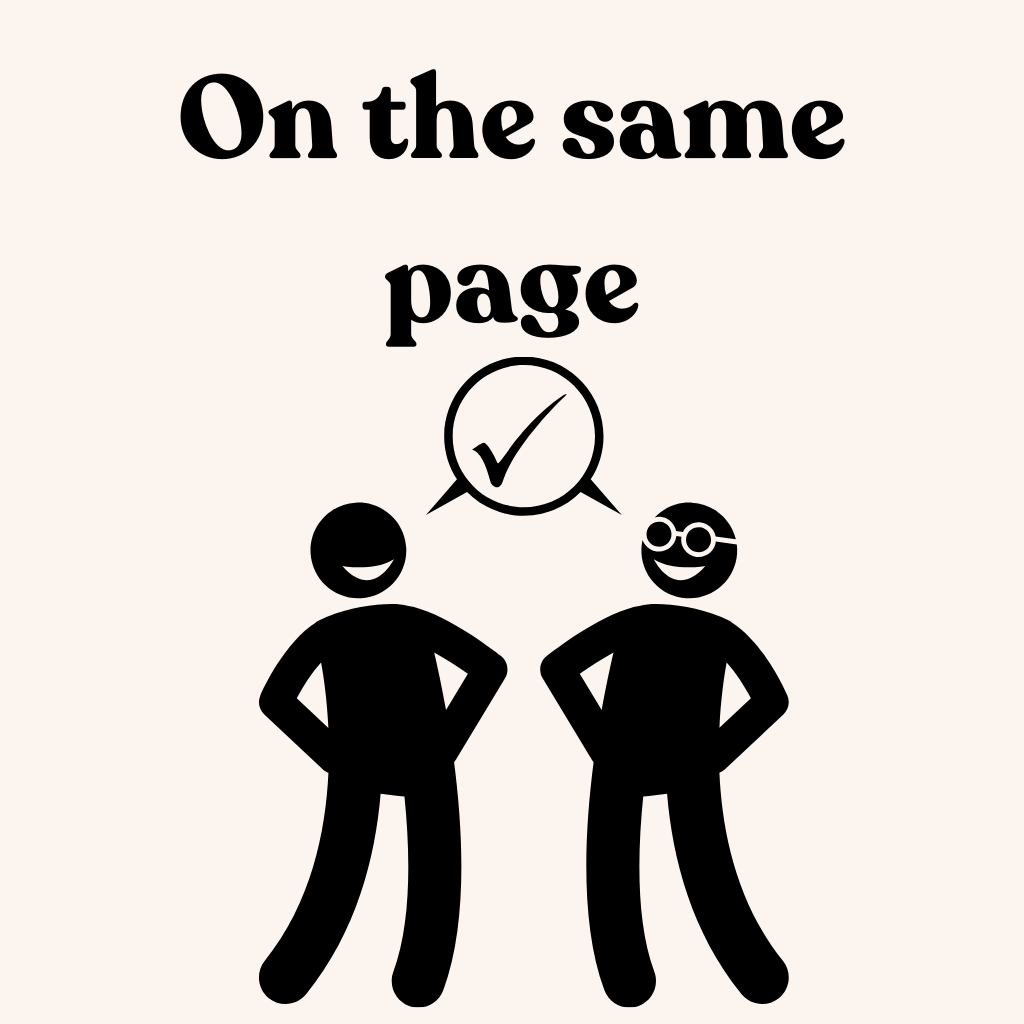Why Collocations Matter in English
If you’ve ever wondered why English speakers say “make a decision” instead of “do a decision”, you’re not alone! Collocations—the natural pairing of words—are the secret sauce to sounding fluent. This guide breaks down why collocations matter, how to avoid common mistakes, and practical tips to master them like a native speaker.
What Are Collocations?
Collocations are words that naturally go together in English. Think of them as "word partners" that like to appear together. Even when other combinations might be grammatically correct, native speakers tend to use specific combinations that "sound right."
Why "Make a Decision" and Not "Do a Decision"?
Let's understand why certain verbs pair naturally with certain nouns:
Common Verbs and Their Partners
The verbs "make," "do," "take," and "have" are often confused because they can all mean "to perform an action." However, each pairs with specific nouns in English:
MAKE + Noun
- Decisions (make a decision)
- Plans (make a plan)
- Mistakes (make a mistake)
- Progress (make progress)
- Changes (make changes)
Why? "Make" often suggests creating or producing something new.
DO + Noun
- Homework (do homework)
- Exercise (do exercise)
- Business (do business)
- Damage (do damage)
- Research (do research)
Why? "Do" often suggests performing a task or activity.
TAKE + Noun
- A break (take a break)
- A walk (take a walk)
- A shower (take a shower)
- A risk (take a risk)
- A photo (take a photo)
Why? "Take" often suggests starting or experiencing an action.
HAVE + Noun
- A conversation (have a conversation)
- A dream (have a dream)
- A shower (have a shower)
- An idea (have an idea)
- A party (have a party)
Why? "Have" often suggests experiencing or participating in something.
Common Collocation Patterns
Time Expressions
✅ Natural combinations:
- Spend time
- Save time
- Waste time
- Make time
- Take time
❌ Unnatural combinations:
- Do time (except in prison context)
- Make time (meaning to create time, not schedule)
- Have time (meaning to possess time, not manage it)
Work and Study
- Do work
- Make progress
- Take notes
- Have experience
- Give a presentation
Relationships
- Make friends
- Have relationships
- Take care
- Give support
- Pay attention
Why Collocations Matter
Understanding collocations helps you:
- Sound more natural in English
- Be better understood
- Communicate more efficiently
- Improve your fluency
Common Mistakes Table
Here are some common collocation errors and their corrections:
| Incorrect ❌ | Correct ✅ | Explanation |
|---|---|---|
| Do a mistake | Make a mistake | "Make" is used for errors and creating things |
| Make homework | Do homework | "Do" is used for tasks and assignments |
| Take a coffee | Have a coffee | "Have" is used for consuming drinks |
| Do attention | Pay attention | "Pay" is specifically used with attention |
| Make sport | Do sport | "Do" is used for activities and exercise |
Verb + Noun Collocations Quick Reference
Business Context
Make:
Make a profit, Make money, Make a deal, Make progress, Make plans
Do:
Do business, Do work, Do research, Do calculations, Do paperwork
Take:
Take action, Take responsibility, Take control, Take notes, Take charge
Daily Life Context
Make:
Make breakfast, Make the bed, Make noise, Make a phone call, Make an effort
Do:
Do the dishes, Do laundry, Do shopping, Do exercise, Do housework
Take:
Take a bath, Take medicine, Take time, Take care, Take a rest
Practice Exercises
Complete these sentences with make, do, take, or have:
- I need to _____ a decision about my future.
- Let's _____ a break from studying.
- Did you _____ your homework?
- I want to _____ an appointment with the doctor.
- We should _____ plans for the weekend.
Remember!
- There's often no logical reason why certain words go together
- Native speakers learn these combinations naturally through exposure
- The best way to learn collocations is through practice and exposure
- When in doubt, look up common combinations in a collocation dictionary
Tips for Learning Collocations
- Learn words in pairs or groups
- Notice collocations when you read English
- Record new collocations in your vocabulary notebook
- Practice using common collocations in your conversations
- Use online collocation dictionaries
Solutions:
1. make 2. take 3. do 4. make 5. make




